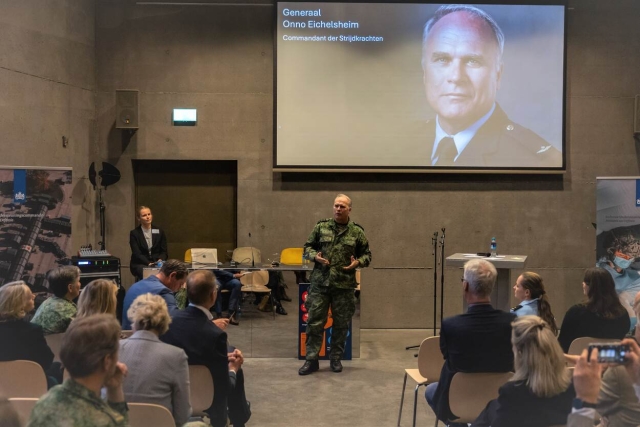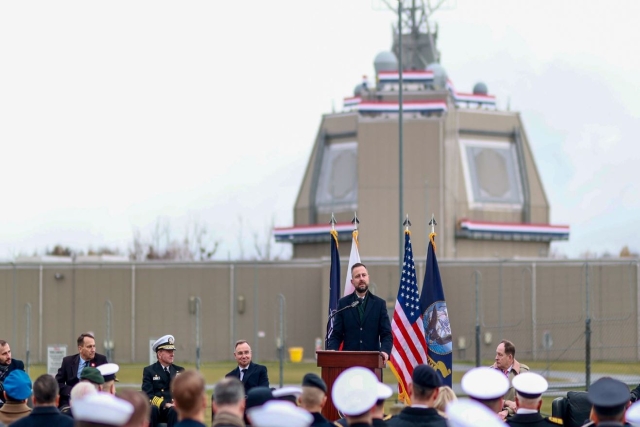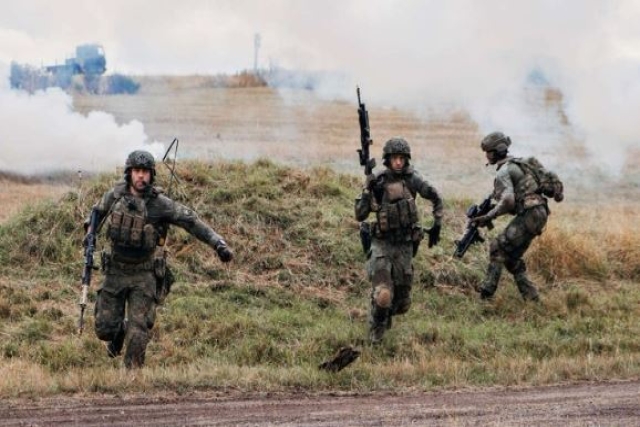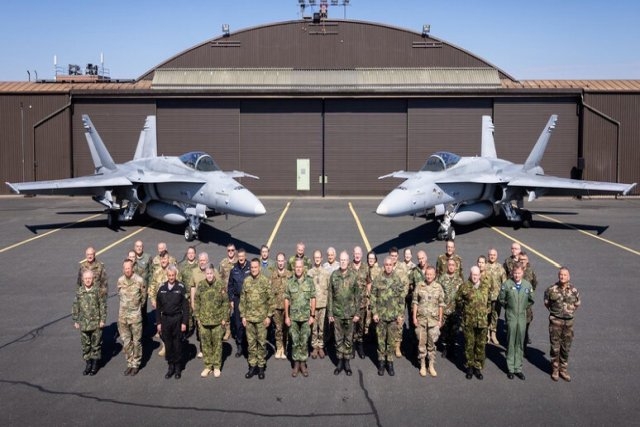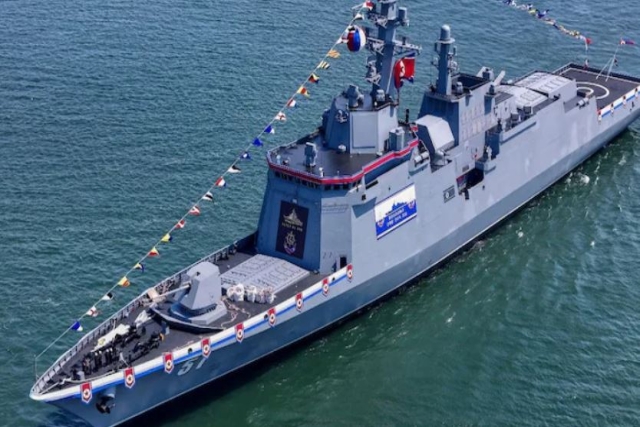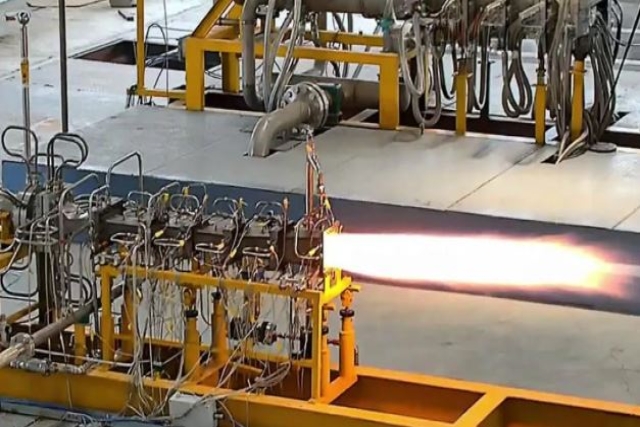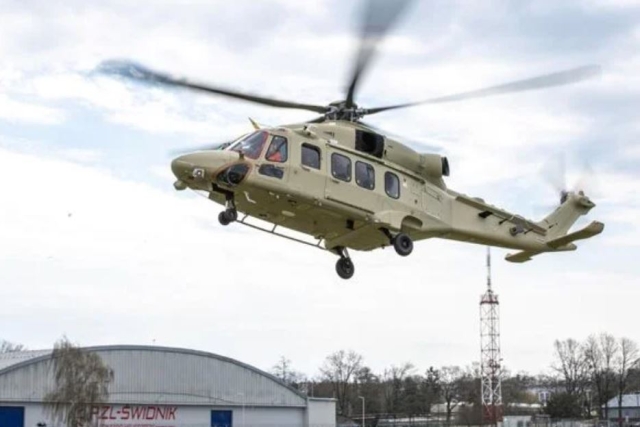British Army Declares Readiness to Counter Russian Threats
Senior military official underscores commitment to NATO's eastern defenses amid rising tensions.

The British Army is prepared to respond immediately to any conflict with Russia, a senior Armed Forces officer has assured.
Lieutenant General Sir Rob Magowan, Deputy Chief of the Defence Staff, emphasized the army's readiness during a testimony before the Commons Defence Committee. "If the British Army was asked to fight tonight, it would fight tonight," Sir Rob stated, adding that the U.K. would stand firm if Russia invaded Eastern Europe.
The remarks come amid escalating tensions fueled by the ongoing conflict in Ukraine. Kyiv's recent use of U.S.-supplied ATACMS missiles to strike targets inside Russia, alongside unconfirmed reports of U.K.-supplied Storm Shadow missiles being deployed, has drawn sharp responses from Moscow. Russian President Vladimir Putin recently escalated hostilities by launching a hypersonic ballistic missile at Ukraine.
Further straining regional security, communications cables in the Baltic Sea were severed, allegedly by a Chinese merchant vessel. However, defense analysts suspect potential involvement from Russia or China in the sabotage.
In response to these developments, the U.K. said it remains committed to bolstering NATO's eastern flank. Thousands of troops from the Army's 4 Brigade are on high readiness to deploy to Estonia, which already hosts 1,000 U.K. personnel. Estonia's proximity to Russia makes it a critical point for NATO's defense posture.
NATO’s Strategic Corridors
NATO's ability to rapidly reinforce its eastern front is supported by strategic corridors across Europe. One such route, Corridor 8, connects the Adriatic and Black Seas via Albania, North Macedonia, and Bulgaria. This pathway recently facilitated the Royal Yorkshire Regiment’s deployment to Kosovo, underscoring NATO's emphasis on operational mobility.
The U.K.'s growing military cooperation with NATO allies in the region, such as Albania, further strengthens the alliance's capacity to deter aggression. Albania, a NATO member since 2009, has transitioned from Soviet influence to becoming a significant regional partner.
NATO and Ukraine to Hold Emergency Talks After Russian Missile Strike
On November 21, Russia launched its new hypersonic “Oreshnik’ missile in a strike on a weapons factory in Dnipro, marking the missile’s first use, President Vladimir Putin confirmed.
The missile is reportedly capable of flying at Mach 10 and striking anywhere in Europe within 20 minutes. According to Ukrainian officials cited by certain reports, it carried six nonnuclear warheads, each releasing six submunitions.
NATO and Ukraine will hold emergency talks Tuesday as the attack escalates the 33-month-old war. Ukrainian parliament canceled a session and tightened security after the strike. Putin stated the attack, using the intermediate-range ballistic missile, was retaliation for Kyiv’s use of U.S. and British long-range missiles and warned that Western air defenses are incapable of countering Oreshnik. Poland’s Prime Minister Donald Tusk called the conflict’s escalation “dramatic.”
